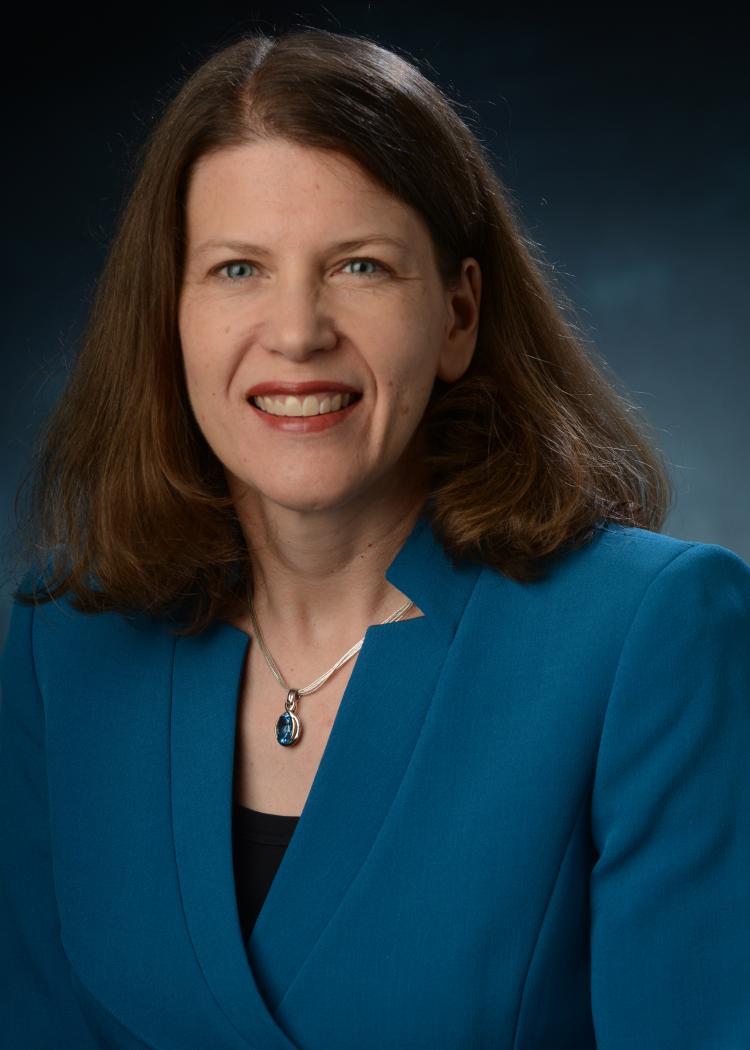Academic excellence and student climate shape fall 2016 Graduate School initiatives
On behalf of my colleagues in the Graduate School, I am delighted to present an update on CU Boulder graduate education and an introduction to fall 2016 Graduate School initiatives.

Ann Schmiesing
Our mission in the Graduate School is to promote excellence in graduate education and to enhance the educational experience of the over 5,000 graduate students enrolled at CU Boulder. The number of applications to CU graduate programs continues to increase, as does the number of CU graduate students receiving prestigious awards such as National Science Foundation Graduate Research Fellowships. The Graduate School also currently has unprecedented collaboration with the United Government of Graduate Students (UGGS). This is an exciting time of change at CU as we seek to improve all facets of the graduate student experience.
For example, after engaging with UGGS in late spring, CU Boulder increased its investment in graduate student stipends by $1.6 million, effective Sept. 1. We recognize that this is only a first step, and we look forward to continuing to work with UGGS on this critical issue.
In addition, we have begun to address other concerns raised by graduate students. In response to many comments from graduate students, the Graduate School has collaborated with students, staff, and faculty to form a Climate Advisory Committee and to create an admissions letter template that more clearly explains funding, student expenses, and program information. This fall, we have also launched a peer mentoring program and have 150 participants for the first year. We are also developing mentoring workshops and online mentoring resources for graduate students and faculty supervisors, and we are working to enhance our communications with faculty, staff, and students.
An issue that is important to all of our graduate students is the 2014 Climate Survey. This fall, I will be releasing additional information from the graduate student climate survey and a timeline for the next survey. It is important that we continue to collaborate with our graduate students and develop programs and processes to improve their experiences. I believe that the release of the climate survey data, as well as the policies and initiatives mentioned above, are first steps in that direction.
We owe it to our graduate students to provide them the resources and opportunities necessary to be successful. For more information on Graduate School initiatives and on the many ways that we support graduate students’ contributions to our campus, please contact us or visit the Graduate School website.
Ann Schmiesing
Interim Dean of the Graduate School and
Vice Provost for Graduate Affairs


